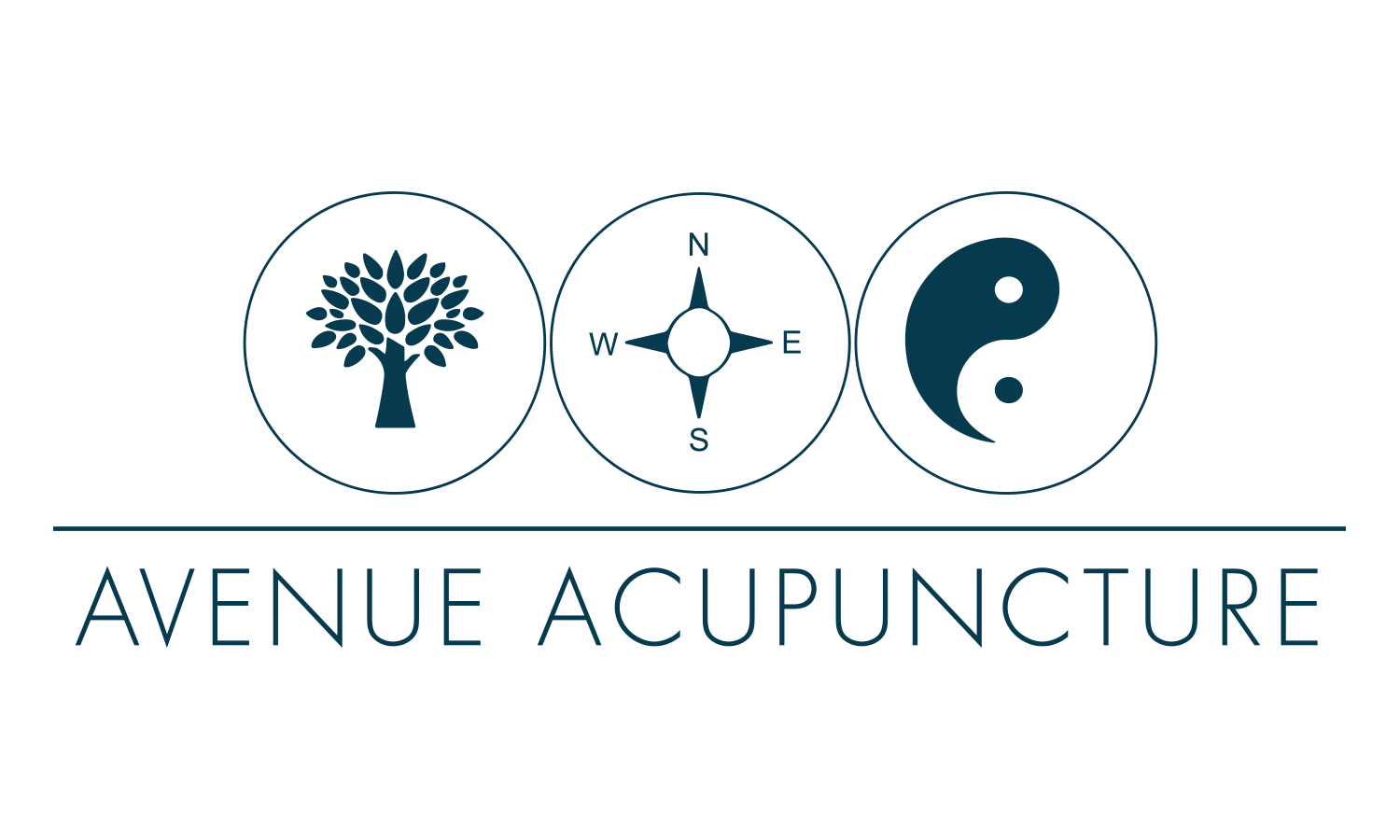CONSENT: asking for it and actively listening for the answer
Consent: permission for something to happen or agreement to do something
Power: a persons ability to exert influence or control
Power Dynamics: how power affects relationships with two or more people
Trauma: a deeply distressing or disturbing experience
-Definitions courtesy of the Oxford English Dictionary
A friend and I were recently having a discussion about consent. She was explaining her displeasure when she recently went to her annual exam at the gynecologist and they began her exam without consent. Yes - she knew she was at the office for an exam, but she explained that she just felt so violated.
“They just started touching my vagina without even asking me first. You’d think they’d at least say, ‘Is it okay if I start your exam?’”
Woof. I felt a shiver go through my body - a visceral response. The fact that people in positions of power aren’t first asking permission is disturbing, but does this shock me? Sadly, no.
It begs the question: Who actually wants be on the receiving end of a treatment or exam without first knowing when and/or what will be happening to their bodies?
Trauma sensitivity, vulnerability, and permission
Trauma sensitivity or trauma informed care means understanding and being responsive to the impact of trauma. This means emphasizing SAFETY above all - physical, emotional, and psychological safety for all people.
While in positions of power such as a practitioner and patient relationship, it’s important to be especially sensitive about consent. Patient’s come in, typically unclothe, and lay down on the treatment table (sometimes face-down, being unable to even see), which is a vunerable position in general. A trusting and thoughtful rapport is paramount and permission should NEVER be taken for granted.
How do you roll at Avenue?
In the office, I stress that the patient is ALWAYS in charge. Of course, it is my job to pick the proper point prescription, herbs, and treatment principles, but that doesn’t mean I disregard the patient’s body, mind, and soul in the process. They are a participant in the treatment. Before the treatment begins, I simply ask, “Is it okay if I start acupuncture?” Furthermore, I ask permission for each and every modality that I use. I will never be offended if a patient tells me that something is not right for them. I feel passionately that it’s my job to always allow opportunities for feedback.
I’ve gotten my fair share of, “Why do you always ask me that?” or “You know I’m here for acupuncture, right?” These responses stem from a desensitized cultural norm where trauma informed care is not emphasized.
I refuse to allow this in my practice.
Bottom line: I will never ever ever assume consent.

